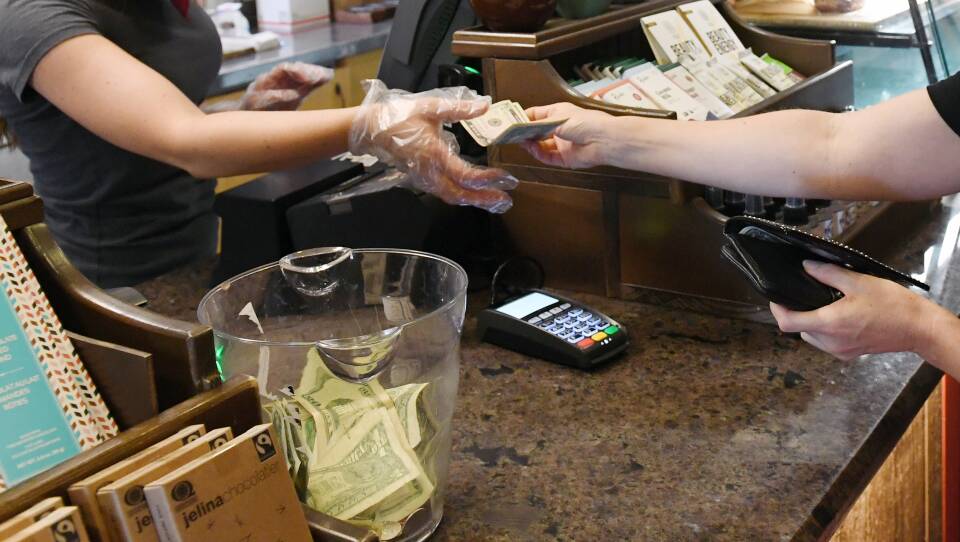I’m conflicted about tipping. On one hand, I’ve worked for tips my entire adult life, mostly to my benefit. I’ve been paid at a higher rate by customers than any restaurant owner would ever offer. And sure, my wages are dependent on the whims and habits of an unpredictable public, but at the end of each night, I almost always walk with 20 percent of my total sales in tips. (Sales also have the nifty benefit of being tied to inflation.)
On the other hand, I dislike tipping. It has a nasty history. The practice was popularized during reconstruction era America as a means to avoid paying freed slaves who worked in restaurants and trains. Today, studies show minorities and women are routinely tipped less. The tipped minimum wage for front of house (FOH) staff is capped nationally at $2.13, meaning that in many states, base wages for the FOH are, after taxes, effectively zero, placing the burden of labor cost on the consumer.
Perhaps the biggest issue with tipping is that it creates income disparity between front and back of house (BOH) employees. Cooks work long hours in difficult conditions, but are paid an hourly wage, often a fraction of FOH earnings. (Federal law prohibits sharing tips between the FOH and BOH.) The restaurant experience is a collaborative effort, yet the BOH sees no financial benefit from a busy night.
The charge toward a tipless system was bolstered by last year’s announcement from famed New York restaurateur Danny Meyer (Gramercy Tavern, The Modern, Shake Shack) to phase tips out at his properties. Meyer isn’t the first to do this, but he’s certainly the most influential. His proposal created a groundswell of debate within the industry, and has FOH staffers and restaurateurs on edge.
At Craving Boston, we’ve been following the debate closely, both on the national level, where some restaurants have already bailed on no-tip systems, and here in Boston, where there has yet to be a major move away from tipping. Three celebrated Boston restaurant professionals, Sara Fetbroth (Oleana), Will Gilson (Puritan & Company), and Joe McGuirk (Highland Kitchen) sat down with me to discuss the future of tipping.
Produced by Stacy Buchanan. Recorded by Seth E. Torres. Music by Aaron Leeder.




